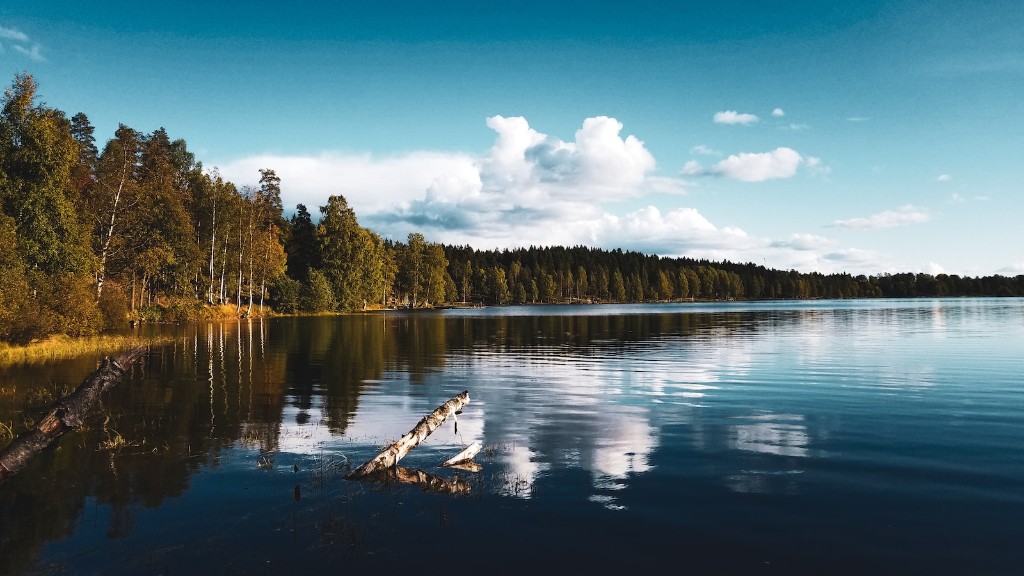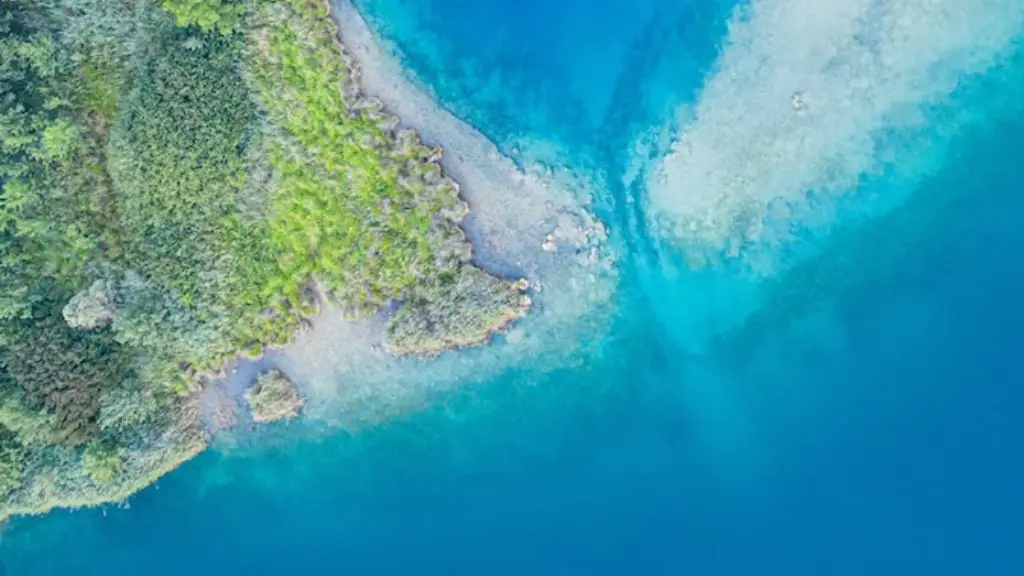Location and Ecosystem
Lake Baikal is the oldest and deepest lake in the world located in the Republic of Buryatia, Russia. It has a length of 636 km and a mid-depth of 702.3 m. It is home to an incredible 1,700 species of plants and animals, including 21 endemic species. Furthermore, it is the only known habitat for the endangered Baikal Seal, and is also home to over 60 species of fish including the omul, a prized species of salmon found only in the lake. It is also the world’s largest source of fresh water, holding over a fifth of the world’s total fresh water.
Environmental Protection and Management
It is important to protect the pristine environment of Lake Baikal due to its extraordinary biodiversity. In 1996, the Russian government created a special protected zone around Lake Baikal, known as Zapovedniks, to ensure that its natural resources were not damaged by human activity. In addition, there are several observatories and research stations set up in the region to monitor the status of the environment and identify potential issues. The lake is also managed by the Lake Baikal National Park and the Baikal Sea Reserve, both of which are responsible for preserving the lake’s habitats and the species that depend on them for survival.
Unique Features and Cultural Significance
Lake Baikal is famous for its remarkable beauty. Its dark and mysterious waters, surrounded by wild shorelines, are home to a spectacular array of flora and fauna, as well as some of the rarest creatures in the world. Furthermore, it is endowed with a range of unique and exceptional features, such as the famous “Baikal Eddies” which are spiraling whirlpools of water, caused by the confluence of two currents. It also has several underwater caves and tunnels, as well as large underwater ridges which are believed to be the remains of ancient shorelines. In addition, the lake is culturally significant to the indigenous Buryat people, who consider it to be holy.
Tourism and Recreational Activities
The beauty of Lake Baikal is drawing an increasing number of tourists from around the world each year. Tourists come to explore the magnificent landscapes, take part in recreational activities such as fishing and hiking, enjoy the diverse flora and fauna, and observe the unique geology of the area. Popular destinations include the Baikal National Park and Olkhonsky Nature Reserve, both of which are home to a variety of wildlife and offer spectacular views of the lake. For those looking for a more active holiday, there are plenty of opportunities for swimming, kayaking, canoeing and sailing.
Pollution and Conservation
Unfortunately, the environment of Lake Baikal has come under threat in recent years due to increased pollution. This is largely caused by illegal logging and runoff from nearby industrial towns and cities. In addition, a number of non-native fish species have been introduced to the lake, threatening the survival of the endemic species. In response, the Russian government has created a conservation plan to protect the lake and its unique environment. This includes strengthening environmental protection laws and raising awareness of the importance of conservation.
Economic Benefits
In addition to its ecological significance, Lake Baikal also provides economic benefits to the local communities. The lake’s fisheries supply a substantial amount of food to the population, while tourism is an increasingly important source of income. In addition, the area around Lake Baikal also provides abundant resources such as timber and fur that are in high demand around the world.
Conclusion
Lake Baikal is one of the most incredible natural wonders in the world. It has an exceptionally rich ecosystem that is home to an array of unique species, as well as providing cultural and economic benefits to the local population. Furthermore, due to its immense ecological importance, it has been designated as a protected zone in order to preserve its environment for future generations. In short, Lake Baikal is one of the earth’s great treasures, and it must be protected so that it can continue to be enjoyed for many years to come.

